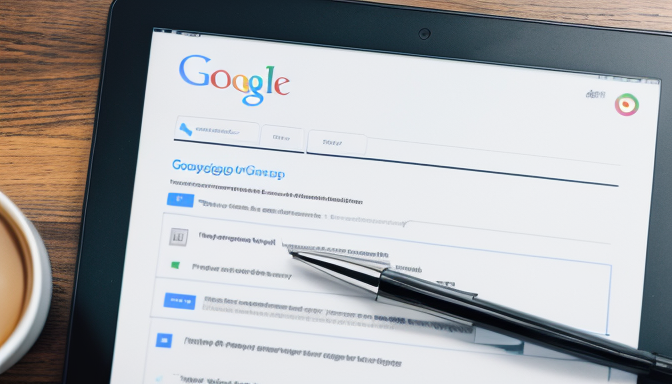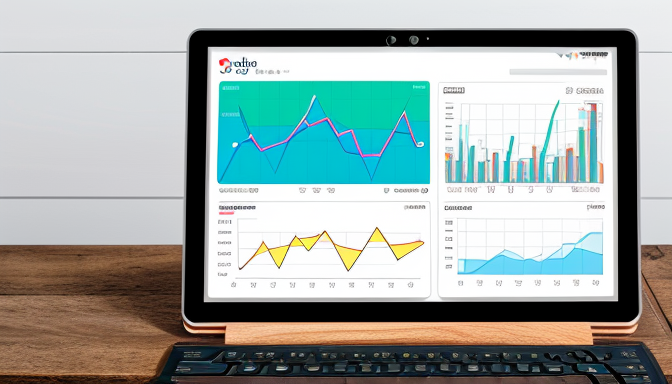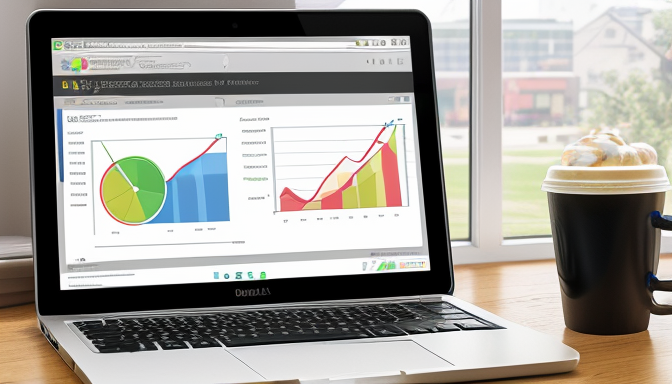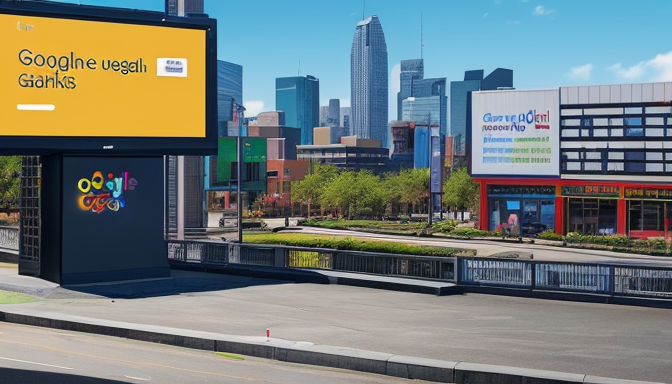
In today’s digital world, having a solid presence on Google Maps is crucial for any business. Why? Because when potential customers search for services or products nearby, they often turn to Google Maps first. So, if you want to boost your Google Maps ranking, you need to understand a few key strategies. This article dives into effective methods to enhance your visibility on this platform, ensuring that your business stands out.
First things first, let’s talk about keywords. Choosing the right keywords is like picking the right bait for fishing. You want to attract the right crowd. Start by thinking about what your customers might type into Google when looking for your services. Use tools like Google Keyword Planner to find popular search terms related to your business. Once you have your list, sprinkle these keywords throughout your Google My Business listing and website. This means including them in your business description and posts. The more relevant your keywords, the better your chances of appearing in search results.
But don’t just stuff your content with keywords. That’s like pouring too much salt on your food. It can ruin the flavor. Instead, use them naturally. For example, if you own a bakery, instead of just saying “bakery,” you might say “freshly baked goods at our local bakery.” This way, you’re not only using keywords but also creating a compelling narrative that draws people in.
Now that you’ve optimized your keywords, it’s time to keep an eye on your progress. Monitoring your Google Maps ranking is essential. Think of it like checking your garden’s growth. You want to see what’s blooming and what needs a little more attention. Use tools like Google Analytics and Google My Business Insights to track how well your listing performs over time.
Pay attention to metrics such as:
- Search impressions
- Clicks to your website
- Phone calls
These insights can help you understand what’s working and what’s not. If you notice a dip in your rankings, it might be time to adjust your strategy. Maybe you need to update your keywords or engage more with your customers through posts and offers.
Citations play a significant role in boosting your Google Maps ranking. Think of citations as endorsements. When other websites mention your business, it tells Google that you’re credible and trustworthy. To build quality citations, start by listing your business in local directories. Make sure your name, address, and phone number (NAP) are consistent across all platforms. This consistency helps Google verify your information.
Some popular citation sites include:
- Yelp
- Yellow Pages
- TripAdvisor
Each citation you create increases your visibility and can lead to more customers finding you on Google Maps. Remember, the goal is to make your business easy to find and credible in the eyes of both Google and potential customers.
In conclusion, boosting your Google Maps ranking is not just about being present; it’s about being prominent. By optimizing your keywords, monitoring your progress, and strengthening your citations, you can enhance your visibility. So, get started today and watch your business flourish on Google Maps!
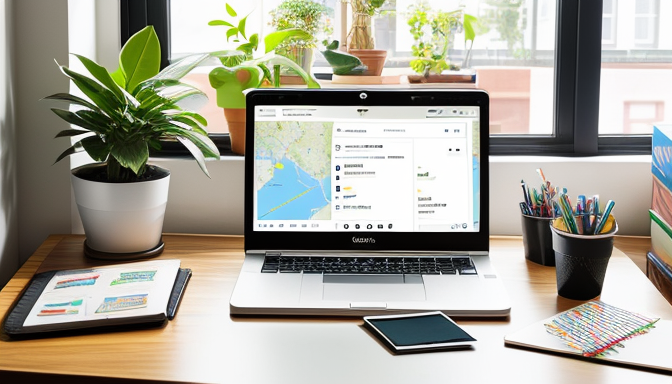
Optimize Keywords for Google Maps Ranking
When it comes to boosting your Google Maps ranking, keywords play a crucial role. They are like the secret sauce that makes your business visible to potential customers. But how do you choose the right ones? It’s simpler than you think. Start by thinking like your customers. What phrases would they use to find your services? For instance, if you run a pizza shop, keywords like “best pizza near me” or “pizza delivery in [Your City]” are gold. These are the phrases that can help you climb the ranks on Google Maps.
Once you have a list of potential keywords, it’s time to implement them. You want to sprinkle them throughout your Google My Business (GMB) profile. This includes your business name, description, and even posts. But here’s a tip: don’t stuff your profile with keywords. It should read naturally. Think of it like seasoning a dish; too much can ruin the flavor.
Next, let’s talk about the importance of local keywords. Since Google Maps is all about local search, you need to focus on geographical terms. For example, if you’re in San Francisco, use keywords like “San Francisco coffee shop” or “best sushi in San Francisco”. This approach not only helps your business appear in local searches but also connects you with the community. It’s like waving a friendly hello to your neighbors.
Another great strategy is to look at your competitors. What keywords are they using? You can use tools like Google Keyword Planner or SEMrush to get insights. This can give you a better idea of what works and what doesn’t. But remember, the goal is to find keywords that reflect your unique offerings. You want to stand out, not blend in.
After you’ve optimized your keywords, monitor their performance. This is where tracking tools come into play. You can use GMB insights to see how often people find your listing through searches. Are they using the keywords you’ve chosen? If not, it might be time to tweak your strategy. This is an ongoing process, much like gardening. You plant the seeds, nurture them, and adjust as needed to see growth.
In summary, optimizing keywords for your Google Maps ranking is essential for visibility. Think about what your customers are searching for, use local terms, check out the competition, and keep track of your progress. By focusing on these strategies, you’ll be on your way to enhancing your Google Maps ranking and attracting more customers to your business. So, roll up your sleeves and get to work on those keywords!
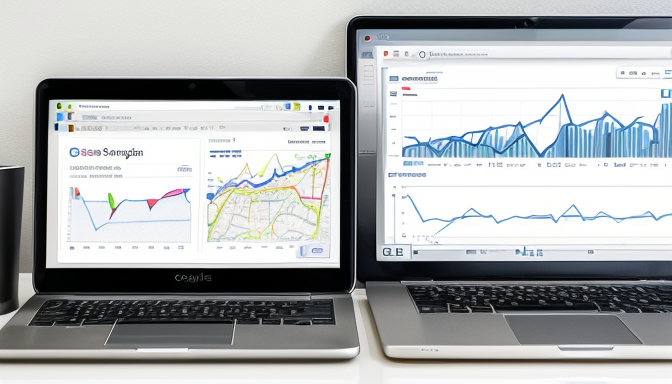
Monitor Google Maps Ranking Progress
When it comes to improving your visibility, monitoring Google Maps ranking progress is essential. Why? Because knowing where you stand can help you make informed decisions. Imagine running a race without checking how far you’ve gone. You wouldn’t know if you’re ahead or falling behind!
First, you need to set clear goals. What does success look like for your business on Google Maps? Is it appearing in the top three results? Or maybe getting more customer calls? Whatever it is, define it. This way, you’ll have a target to aim for.
Next, use tools to track your ranking. There are several options available, from free tools to paid services. Here are some popular ones:
- Google My Business: This is your starting point. Regularly check your insights to see how often people find you and what actions they take.
- BrightLocal: This tool provides in-depth local SEO tracking and can help you monitor your ranking over time.
- SEMrush: A comprehensive tool that allows you to track your Google Maps ranking alongside other SEO metrics.
But tracking isn’t just about numbers. It’s about understanding trends. Are you moving up? Or are you stuck? If your ranking fluctuates, don’t panic. Analyze the data. Look for patterns. Maybe a competitor is using a new strategy that you need to consider.
Also, keep an eye on your reviews. They play a significant role in your Google Maps ranking. More positive reviews can boost your position. Responding to reviews—both good and bad—shows potential customers that you care. It’s like greeting someone at your door; it makes them feel welcome.
Another crucial aspect is to monitor your competitors. What are they doing? How are they ranking? If you notice they’ve made a change that seems to work, it might be time to adapt. Think of it as a friendly competition. You want to stay ahead!
Finally, don’t forget to adjust your strategy based on your findings. If something isn’t working, tweak it. Maybe your keywords need a refresh, or perhaps you need to focus more on getting citations. The world of SEO is always changing, and staying flexible is key to maintaining a strong Google Maps ranking.
In summary, monitoring your Google Maps ranking progress is not just a task; it’s an ongoing journey. Keep your eyes on the prize. Use the right tools. Analyze your data. And remember, every small step can lead to significant improvements. Your business deserves to shine on Google Maps!
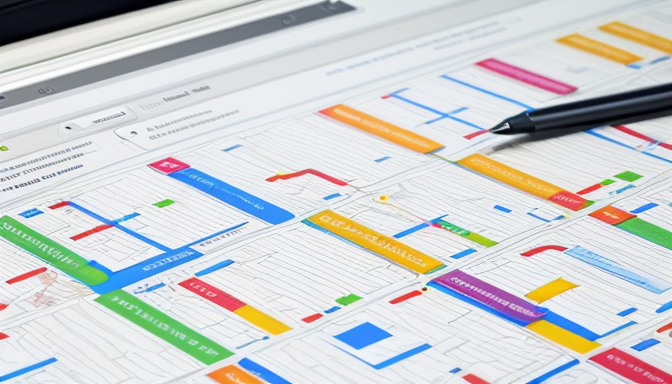
Strengthen Google Maps Ranking with Citations
When it comes to boosting your Google Maps ranking, citations are like the secret sauce that can make a big difference. But what exactly are citations? Simply put, they are mentions of your business name, address, and phone number (NAP) on other websites. Think of citations as votes of confidence for your business. The more quality citations you have, the more trustworthy your business appears to Google. And that’s crucial for standing out in local searches.
Now, you might be wondering, “How do I get these citations?” Well, it’s not as daunting as it sounds. Start by listing your business on popular directories like Yelp, Yellow Pages, and local business directories. Make sure your NAP details are consistent across all platforms. Inconsistencies can confuse Google and hurt your Google Maps ranking. Imagine you’re trying to find a friend’s house, but their address keeps changing. Frustrating, right? The same goes for your business.
Another effective strategy is to reach out to local bloggers and news sites. If they feature your business, that’s another citation! Plus, it helps build relationships within your community. You can also consider sponsoring local events or charities. This often leads to mentions on their websites, giving you even more citations. It’s a win-win situation. You help the community, and they help your Google Maps ranking.
But not all citations are created equal. Quality matters. You want citations from reputable sites that are relevant to your industry. For instance, if you run a coffee shop, a mention on a food blog or a local tourism site would be more beneficial than a random mention on a general forum. Think of it like getting a recommendation from a trusted friend versus a stranger. Which one would you trust more?
To track your citation progress, you can use tools like Moz Local or BrightLocal. These tools help you see where your citations are and if they’re consistent. Keeping an eye on this can provide valuable insights into your local SEO efforts. If you notice inconsistencies, it’s time to fix them. Remember, a strong presence on the web can significantly impact your Google Maps ranking.
In summary, citations are a critical component of local SEO. They enhance your credibility and visibility on Google Maps. By focusing on quality citations, maintaining consistency, and leveraging local connections, you can effectively strengthen your Google Maps ranking. So, roll up your sleeves and start building those citations. Your business deserves to be seen!
Frequently Asked Questions
- What are the best keywords to use for Google Maps ranking?
Choosing the right keywords is crucial for your visibility on Google Maps. Focus on local keywords that include your city or neighborhood, along with specific services you offer. Think about what your customers might search for, like “best pizza in [Your City]” or “plumber near me.” Using tools like Google Keyword Planner can help you find the most effective keywords for your business.
- How can I monitor my Google Maps ranking progress?
Monitoring your Google Maps ranking is essential to understand how well your strategies are working. You can use tools like Google My Business Insights to track views, clicks, and customer actions. Additionally, regularly searching for your business on Google Maps will give you a good sense of where you stand. Keeping an eye on these metrics will help you adjust your strategies for better results.
- What are citations and why are they important for my Google Maps ranking?
Citations are mentions of your business name, address, and phone number (NAP) on other websites. They play a vital role in boosting your Google Maps ranking because they help establish your business’s credibility and relevance. The more quality citations you have, the better your chances of appearing in local search results. Consider listing your business in local directories and ensuring your information is consistent across all platforms.
- How long does it take to see improvements in my Google Maps ranking?
Improving your Google Maps ranking is not an overnight process. Typically, you might start seeing changes within a few weeks to a couple of months after implementing your strategies. However, the timeline can vary based on factors like competition in your area and the effectiveness of your SEO efforts. Patience and persistence are key!
- Can reviews impact my Google Maps ranking?
Absolutely! Customer reviews are a significant factor in your Google Maps ranking. Positive reviews not only enhance your reputation but also signal to Google that your business is trustworthy and relevant. Encourage satisfied customers to leave reviews, and make sure to respond to them to show that you value their feedback.

